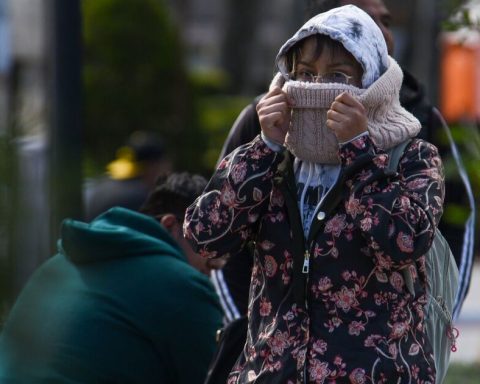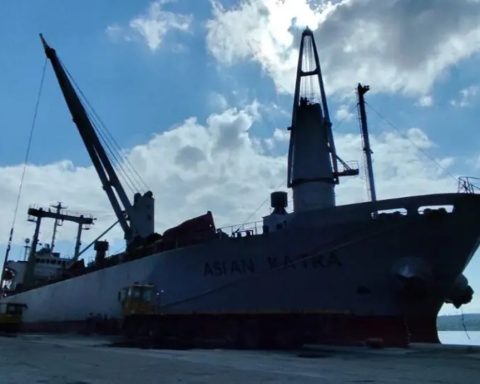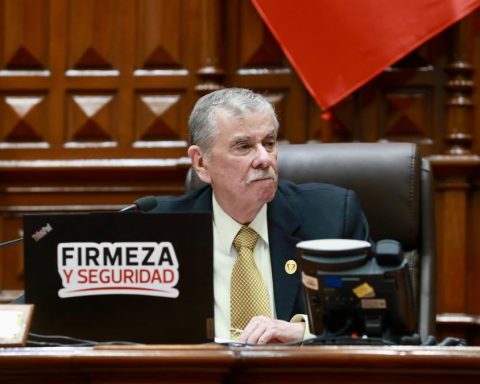Low-income countries will need nearly $500 billion in external financing from 2022-2026, the International Monetary Fund (IMF) said, an increase of $57 billion from a year ago estimate due to spillover effects from the war in Ukraine.
The IMF said in a new economic policy paper that the war, which has exacerbated inflation with sharp rises in global food, energy and fertilizer prices, will slow the recovery of low-income countries from the pandemic. by Covid-19 and will further delay the convergence of per capita income with the most advanced economies.
The fund added that the fiscal position of low-income countries “is under increasing pressure as governments increase spending to address the impact of the pandemic and war, and to protect the vulnerable from high commodity prices.” food and fuel. As a result, debt vulnerabilities have intensified.”
He affirmed that growth during 2022 in these countries has lost momentum, while the rapid acceleration of inflation widened fiscal deficits.
Although debt sustainability indicators have not yet reached the levels seen on the eve of the 1996 launch of the IMF/World Bank Heavily Indebted Poor Countries (HIPC) Initiative, the change in the landscape from creditors to private and non-Paris Club “poses new challenges for a rapid and orderly restructuring of the debt,” the IMF declared.
China has become the world’s largest bilateral creditor in recent years, drawing increasing criticism from Western countries for its reluctance to grant debt relief to struggling developing countries.
















